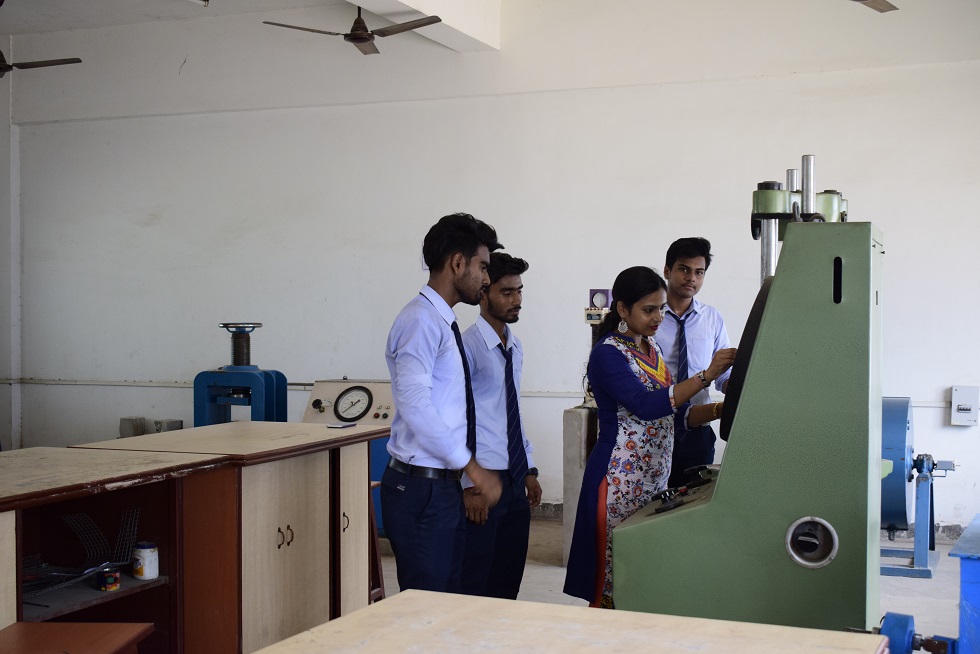Civil Engineering



Course overview
Civil Engineering is a professional engineering discipline that deals with the design, construction, and maintenance of the physical and naturally built environment, including works like roads, bridges, canals, dams, and buildings. Civil Engineering is considered as one of the oldest engineering disciplines. A civil engineer is responsible for planning and designing a project, constructing the project to the required scale and maintenance of the assets. A civil engineer requires not only a high standard of engineering knowledge, but also supervisory and administrative skills. The planning part of their work involves site investigations, feasibility studies, creating solutions to complications that may occur and the actual designing of structures. They have to work with the guidelines of the local Govt. authority and get plans approved by the relevant authority. They prepare cost estimates and sets construction schedules. Construction work involves dealing with clients, architects, Govt. officials, contractors and the supervision of the work according to standards. A Diploma in Civil Engineering will get good opportunities in industry as India is moving fast forward for infrastructure development.
EMPLOYMENT PROSPECTS
Civil Engineer finds career opportunities in Government sectors like Railways, CIL, NTPC, ONGC, HPCL, NALCO, IOCL, SAIL, DMRC, HEC, NHPC, GAIL, BPCL, SSC, Indian Army, DVC and State-owned power transmission and distribution companies. Private sector also provides good remuneration depending on individual abilities and attitude.
SCOPE OF HIGHER EDUCATION
A Diploma holder in CE can avail the opportunity to take admission into 2nd year of B.Tech Program under Lateral Entry category.
APPROVED INTAKE & ELIGIBILITY CRITERIA
| 3 Years Diploma | 120 Seats | At least 35% aggregate in 10th / Matric. |
| Lateral Entry to 3rd Semester | 30 Seats | 12th Pass in Science (with Math) OR 10th + (2 years ITI Course) OR 12th Science with Vocational / Technical. |
